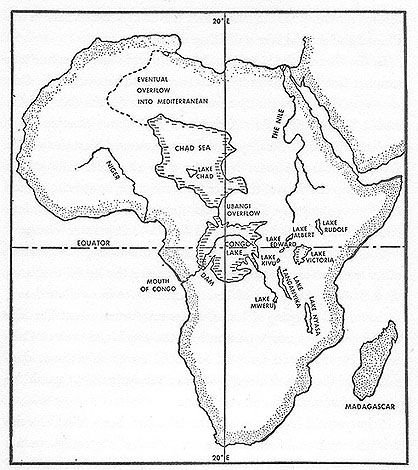Bound for Glory
Bound for Glory
by Woody Guthrie
Woody Guthrie: A Life
by Joe Klein
Joe Klein’s biography of Woody Guthrie is a masterpiece.
Along the way he tells the tale of the rise of folk music and its sometimes strained relationship with leftist politics. He provides an excellent summary of the rise in interest in folk music and John and Alan Lomax’s part in it. It’s interesting that the leftists saw folk music as proletarian and therefore inherently progressive, while John Lomax himself, a conservative, just saw it as “a distinctive, glorious American art form.” Up to that time, folk music was primarily an academic pursuit but partly swept up by the 1935 Popular Front phenomenon, a coming-together of Leftist organizations in response to the Great Depression, an attempt to “Americanize” the movement led them to seek out what was distinctive in popular culture. They were awestruck by the ability of the working class to survive the Depression and saw in it a kind of greatness.
I had read Woody’s own autobiography before Klein’s treatment and was at first a bit shocked to discover the differences between it and Klein’s biography. I would suggest reading the books in this order too. Woody writes in an affected Okie vernacular that while true to the sound of the people he knew growing up in some ways masks the true man. Klein exposes his other dimensions; how well read he was; his communist associations and his religious explorations just to name a few. He supposes that Guthrie’s affectations where in part used to assert his authenticity in the eyes of his readers and especially some of the urban radicals who were being drawn into the folk music scene. There is a purity though to the way Guthrie depicts the pain of the defining tragedies of his youth: the deaths of his mother and sister. His narrative of his train-hopping journey from Oklahoma to California is pure genius; the sense of honor and desperation among his fellow travelers is both uplifting and tragic.
Guthrie’s own story ends in 1943 at the height of his abilities and well before the ravages of Huntington’s Chorea afflicted him. Klein’s story depicts his sad mental and physical deterioration. This was the hardest part of the book to read because he becomes so wildly adrift.

Engineers’ Dreams: Africa’s Central Lake
I have been reading a book called Engineers’ Dreams: Great Projects That Could Come True by William Ley that was published in 1954. I had first heard about it from an American Scientist article years ago, but I finally got my hands on a copy through my library’s inter-library loan program as the book is long out of print.
The book is a collection of fascinating, mega-scale engineering projects that have been dreamed up over the years. Some of them, like the Channel Tunnel have actually come to pass, but a few are so grandiose they are unimaginable today.
One in particular was a plan to totally reconfigure the interior of Africa by creating a series of huge inland seas. The plan was originated by the German architect and engineer Herman Sörgel in 1935. His plan was to dam the Congo River where it passes through a string of deep, narrow gorges after it merges with one of its tributaries, the Kwa River. It would create a lake 350,000 square miles in area - larger than the areas of California, Nevada and Oregon combined.
Once the lake filled, it would be forced to overflow from another one of its tributaries, the Ubangi, into the Shari River which is one of the feeders for the present day Lake Chad.
Lake Chad would swell to the dimensions it was thought to have had over 10,000 years ago, spreading across the Ahaggar plateau. A river would then be created that would lead through Algeria, turn east into Tunisia and then eventually empty into the Mediterranean Sea at the Gulf of Gabes. This river could made navigable allowing ships to directly access the interior of Africa.
To get a sense of how much times have changed, the biggest issues that Ley sees are geo-political, and he has nothing to say about the environmental impact. In fact, he sees it as a way of “improving” a largely inaccessible, disease-ridden area. It would allow easy ship travel between areas of Africa that would require a journey by train or plane.




